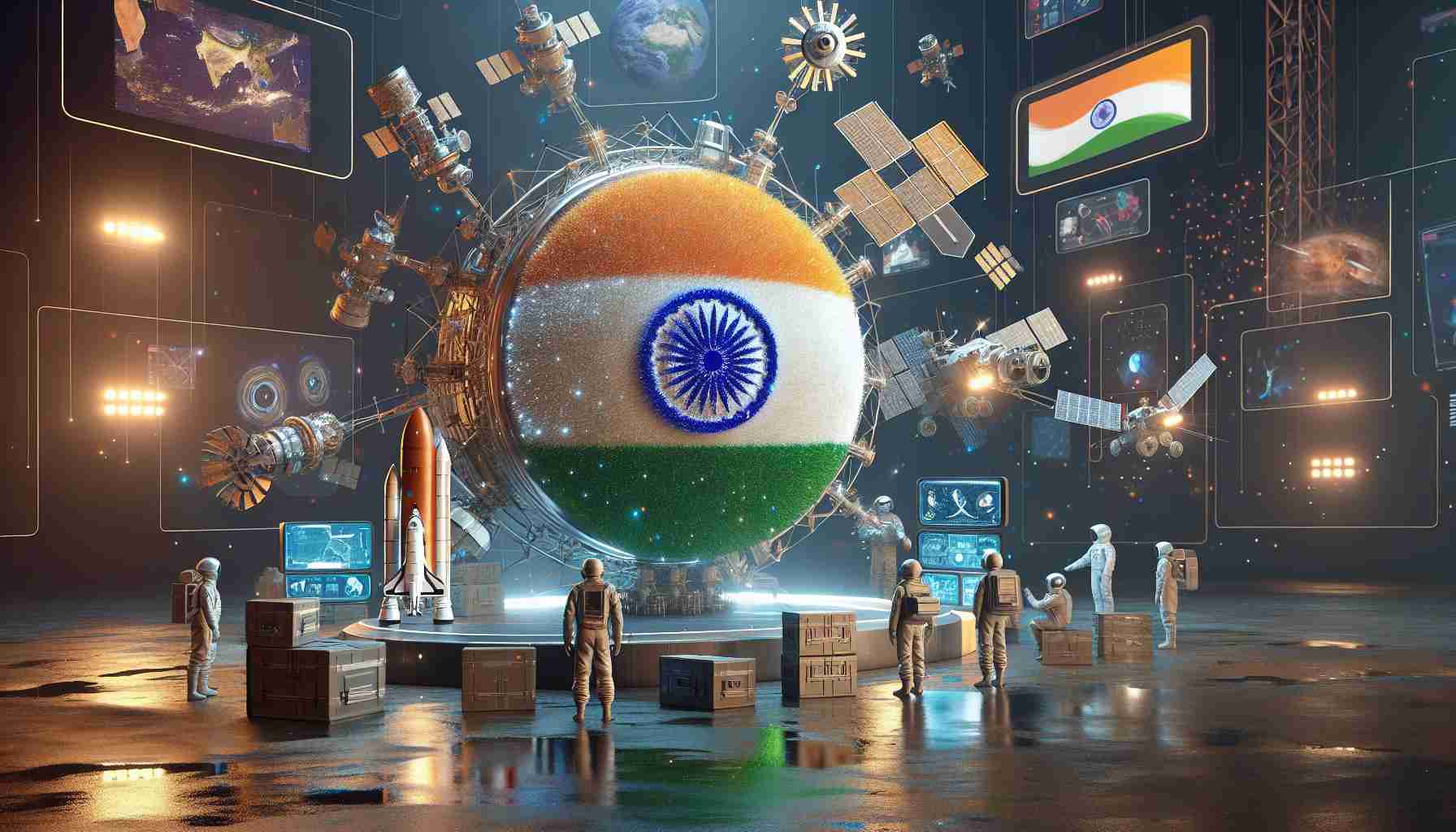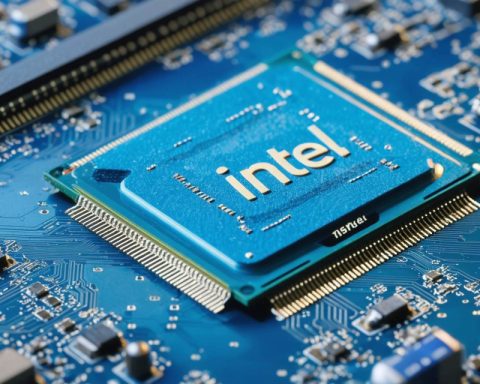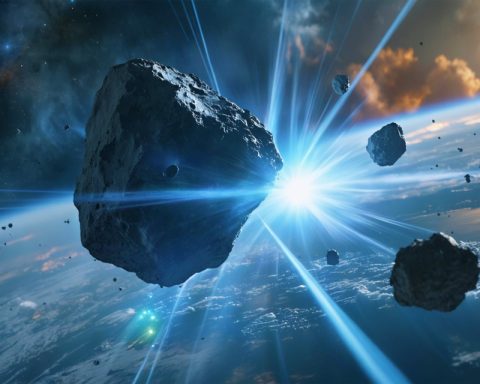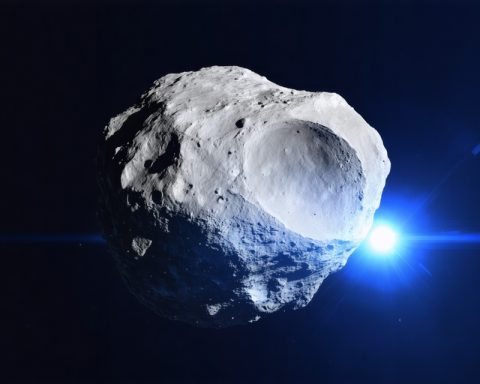China has acknowledged a remarkable milestone achieved by India. The Indian Space Research Organisation (ISRO) successfully docked two satellites in space, an extraordinary accomplishment that has garnered attention from around the world, including its neighbor and rival, China. This achievement positions India as the fourth nation globally to perform satellite docking, a feat previously only accomplished by the United States, Russia, and China.
The Chinese government, led by Xi Jinping, commended ISRO’s efforts, with a spokesperson from the Chinese Embassy in India expressing congratulations. This gesture echoes a history of mutual admiration, as China has also recognized India’s previous space endeavors, such as the Mars Orbiter Mission in 2014, when India captured the world’s attention by reaching Mars on its first attempt.
Furthermore, during that time, China hailed India’s achievement as significant not only for the country but also for Asia and humanity’s overall exploration of the cosmos. Recently, they also acknowledged India’s successful lunar landing in an article published by the Global Times.
On the other hand, China faced challenges with its Mars missions, with their initial attempt in 2011 ending in failure. It wasn’t until 2021 that they successfully entered Mars’ orbit after launching their Tianwen-1 mission in 2020. The recent praise from China highlights the growing significance of India’s advancements in space technology, reinforcing its position on the global stage.
Implications of India’s Space Milestone
India’s recent achievement in satellite docking through the Indian Space Research Organisation (ISRO) not only underscores its technological prowess but also marks a pivotal moment in the dynamic landscape of global space exploration. This milestone enhances India’s reputation as a significant player in the international space community, fostering a competitive atmosphere that could drive further advancements.
On a broader scale, this achievement reflects the shifting paradigms in space exploration, wherein nations are increasingly recognizing the collaborative and competitive duality of the cosmos. As India joins the ranks of the U.S., Russia, and China, it prompts a reevaluation of space as not merely a domain of scientific exploration, but also a stage for geopolitical maneuvering. This competition has the potential to catalyze innovations in technology and engineering, ultimately benefiting global knowledge and capabilities.
Moreover, the implications extend to environmental considerations. The rise of space missions, while impressive, raises questions about the sustainability of space activities. Increasing satellite launches contribute to space debris, presenting risks for future missions and the cultivation of a safe space environment.
Looking ahead, advancements in space technology might foster greater international collaboration, but they may also intensify the race for dominance in resource utilization, including mining asteroids or developing satellite-driven technologies. As nations like India and China navigate this intricate landscape, their actions will undoubtedly shape the future of space exploration and its intersection with earthly concerns, including economic growth and environmental stewardship.
India’s Space Triumph: A Game Changer in the Global Aerospace Arena
Milestone Achievement in Satellite Docking
India has reached an impressive milestone in its space journey, with the Indian Space Research Organisation (ISRO) successfully docking two satellites in space. This achievement places India as the fourth country in the world to accomplish satellite docking, following in the footsteps of space giants like the United States, Russia, and China. This feat not only showcases India’s growing capabilities in space technology but also highlights its expanding role in the global aerospace sector.
International Recognition and Diplomatic Exchanges
The docking operation has drawn international acclaim, with notable recognition from China. A spokesperson from the Chinese Embassy in India voiced congratulations for ISRO’s success. This reflects a history of mutual respect and acknowledgment of each other’s achievements in space exploration. For instance, in 2014, when India executed its Mars Orbiter Mission with remarkable success on the first attempt, China lauded this as a significant achievement for both the nation and Asia as a whole.
Moreover, India’s recent success in lunar landing missions has also received commendation from Chinese media, reinforcing the collaborative spirit in space exploration between these two nations.
Comparisons with China’s Space Endeavors
While India makes remarkable strides, China has faced its share of challenges in space missions. For instance, China’s first attempt to explore Mars in 2011 was unsuccessful, and it wasn’t until the successful Tianwen-1 mission in 2020 that the nation entered Mars’ orbit two years later. This juxtaposition of successes and failures adds depth to the narrative of space exploration in the Asian continent.
Pros and Cons of India’s Space Progress
Pros:
– International Recognition: Enhanced stature on the global stage as an emerging space power.
– Technological Advancements: Continued innovation in satellite technology could lead to advancements in various sectors, including communication, weather forecasting, and disaster management.
– Potential Collaborations: Opportunities for international partnerships and collaborations in space missions.
Cons:
– Strategic Competition: Heightened competition with China could escalate tensions, leading to a space race.
– Resource Allocation: Potential criticisms regarding the allocation of resources to space exploration instead of pressing terrestrial challenges like poverty and climate change.
Future Trends and Predictions
The future of space exploration is bright, with India poised to further its advancements. Analysts predict that India may lead innovative space missions aimed at planetary exploration, satellite deployment, and potential collaborations with other nations, thus establishing a significant footprint in the global aerospace landscape.
Conclusion
India’s recent accomplishment in satellite docking has not only placed the nation on a par with established space powers but also invites a supportive and competitive dialogue among countries. As India continues to break barriers in space exploration, it will likely inspire future generations and foster international collaborations, marking a transformative era for aerospace initiatives.
For more insights into India’s space endeavors and future missions, visit ISRO.
















